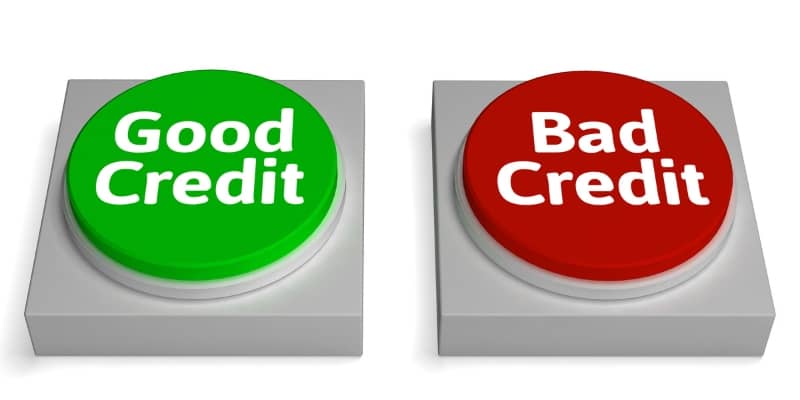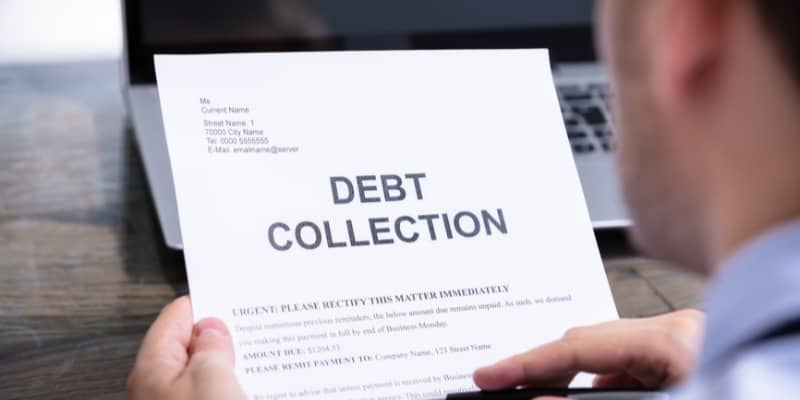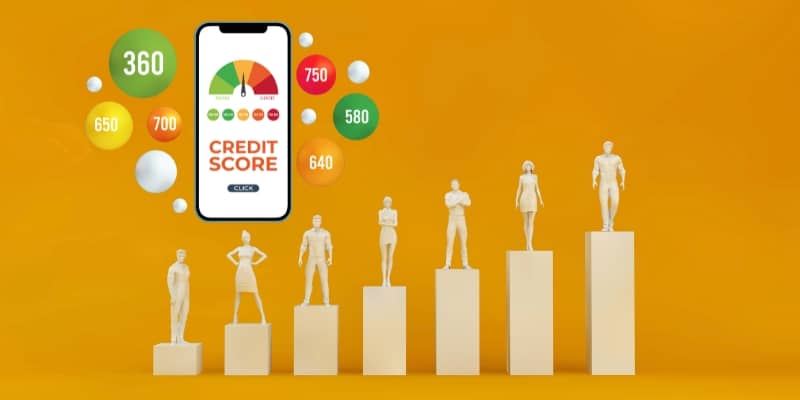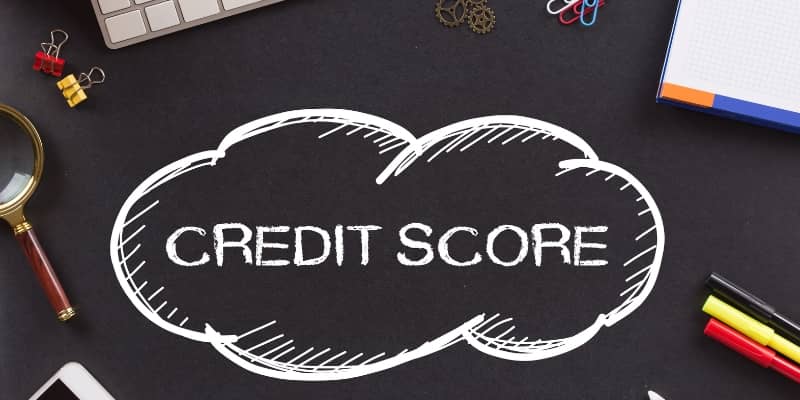Understanding the difference between good and bad debt is essential for keeping your credit score healthy. Good debt can help you build a strong credit history, whereas bad debt can hurt your credit score. To answer the question, “How many points will a collection affect your credit score?” we need to understand the difference between good and bad debt.
Good debt can be defined as borrowing money that allows you to make a purchase that will increase in value or provide some sort of benefit such as education. Examples of good debt include taking out a mortgage, student loan, or car loan. Bad debt, on the other hand, is borrowing money to make a purchase that does not have any long-term benefits or increase in value. Credit card debt, payday loans, and other short-term loans are all examples of bad debt.
When it comes to collections, the answer to the question “How many points will a collection affect your credit score?” depends on how severe the collection is. Generally speaking, collections can have a significant impact on your credit score as they are considered to be an indicator of financial distress. The exact number of points that a collection can affect your credit score will depend on the type and amount of debt in collections as well as your credit profile before the collection was reported.
Collections can have a significant impact on your credit score, and the answer to the question of how many points will a collection affect your credit score depends on the type of collection and your overall credit score. If you are already carrying a good amount of debt or have lower credit scores, then the impact of a collection could be more pronounced.
For example, if you have a high credit score, the impact of a collection may only be a few points; however, if you have a lower credit score, the impact of a collection. The amount of damage to your credit score will also depend on how long the collection has been on your report. A recent collection can have an even greater effect than one that is several years old.
It’s important to remember that collections can stay on your credit report for up to many years, so it’s important to take steps to address the collection immediately. The best way to minimize the damage of a collection is to dispute the debt if it isn’t accurate or to negotiate with the collector to pay off the debt and have it removed from your credit report.
If you have a collection on your credit report, it can have a significant impact on your credit score. The exact amount of points a collection will affect your credit score varies. The good news is that collections can be removed from your credit report and your score can be restored. Here are some strategies for getting rid of collections:
It’s important to understand how many points will a collection affect your credit score so that you know what you’re dealing with and how to effectively remove it. With a little work, you can have the collection removed and get back on track to having an excellent credit score.
Improving your credit score can be a tricky task, especially if you have collections on your credit report. Having a collection on your credit report can have a significant impact on your credit score. So, how many points will a collection affect your credit score?
The answer is that it depends. The exact impact of a collection on your credit score will depend on the current state of your credit report and other factors such as the size of the debt, the length of time since it was reported, and the type of debt. However, it’s safe to say that having a collection on your credit report will almost always hurt your score.
To improve your credit score, the first thing you should do is address any collections that you have on your credit report. Start by contacting the creditor and negotiating a payment plan or settlement agreement. If you’re able to pay off the debt, make sure you get written confirmation from the creditor that the debt has been settled and removed from your credit report.
If you’re unable to pay off the debt, consider disputing it with the credit bureaus to get it removed. There may also be other options available depending on the type of debt and situation you’re in. It’s important to explore all of these options and make sure that any collections are taken care of before you start working on improving your score.









